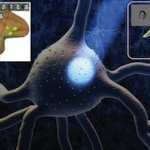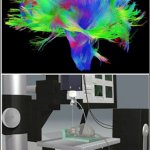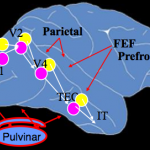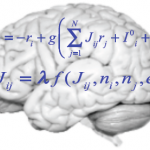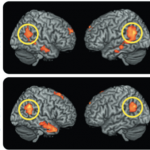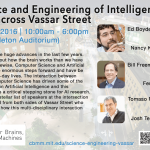CBMM faculty offer graduate and undergraduate courses that integrate computational and empirical approaches used in the study of problems related to intelligence. These courses introduce some of the mathematical frameworks used to formulate computational models, and experimental methods used in the fields of neuroscience and cognitive science to study the neural implementations of intelligent processes and manifestation of these computations in human cognitive behavior. Examples of the integration of these perspectives are drawn from current research on intelligence. Materials for many of these courses are available online. Most graduate courses are open to advanced undergraduates with appropriate background. Enrollment for courses is handled through the respective institutions.
- ‹ previous
- 3 of 4
- next ›

